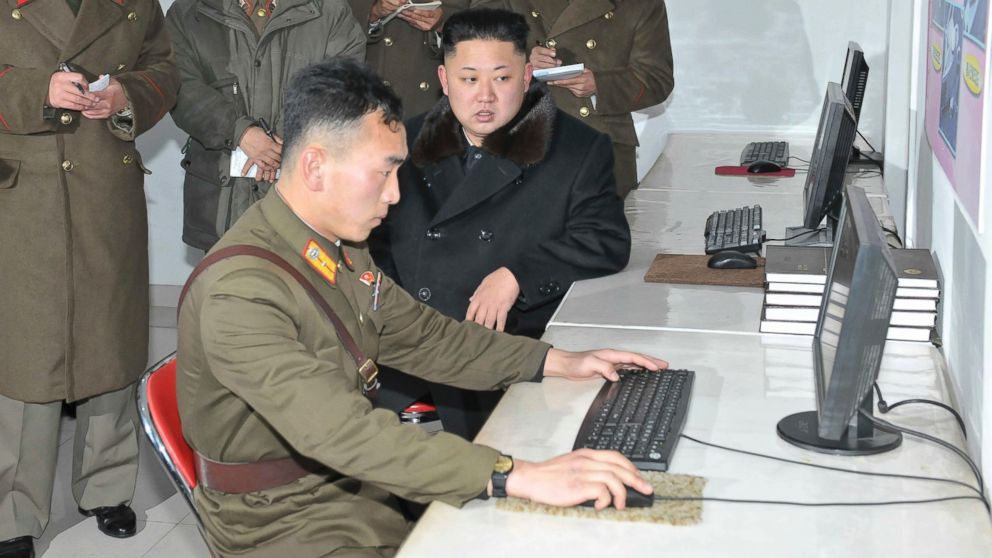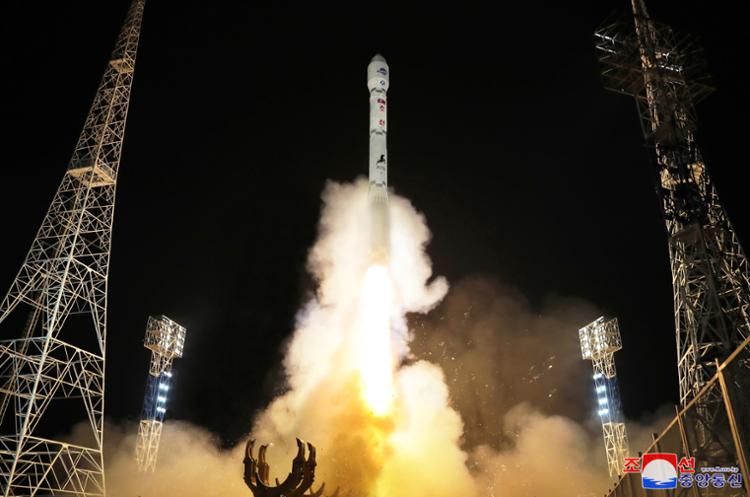North Korea, through its state-run Korea Central News Agency (KCNA), has released images captured by its recently launched satellite.

Korea Central News Agency Reports North Korean Satellite Captures Images of White House and US Military Installations (Photo: ABC News)
North Korea Defends Satellite Launch Amid International Backlash
According to the recent development published by CBS Austin, in November 28, 2023, the surveillance from Korea Central News Agency reportedly includes key U.S. intelligence and military establishments such as the White House, Pentagon, Norfolk Naval Station, a Newport News boatyard, and a Virginian airfield. The satellite also documented military installations in Hawaii, Guam, and South Korea. Kim Jong Un himself has purportedly reviewed these images, prompting concerns about the implications of such surveillance.
The launch of North Korea’s reconnaissance satellite has sparked international controversy and condemnation. The country’s ambassador to the United Nations, Kim Song, asserted that the U.S.’s perceived threat justified the satellite’s deployment. Kim Song together with the photos revealed from Korea Central News Agency, argued that North Korea, officially the Democratic People’s Republic of Korea (DPRK), has a legitimate right to develop, test, manufacture, and possess weapons equivalent to those of the United States.
The international community, however, has expressed alarm at North Korea’s actions as Korea Central News Agency (KCNA), citing the potential violation of U.N. sanctions and the use of ballistic missile technology. The U.S. Mission to the United Nations, led by Ambassador Linda Thomas-Greenfield, vowed to expose North Korea’s arms deals, alleging that Pyongyang had sent military equipment to Russia in exchange for support with the satellite launch.
READ ALSO: A Young Boy Shocked Other Residents After Maneuvering Heavy Machinery In A Police Chase In Michigan
U.S. Doubts Technological Capabilities of North Korea’s Satellite
In a news reported by MYNBC 15, while North Korea’s satellite successfully entered orbit from the photos released by Korea Central News Agency, doubts persist about its technological capabilities. Pentagon spokesman Brigadier General Patrick Ryder downplayed the significance, noting that there are already plenty of images of the Pentagon and the White House available online.
This skepticism is not new, as a previous satellite launch in May faced technical issues. South Korea, after analyzing the remains of that satellite captured from Korea Central News Agency, contended that North Korea’s ability to conduct effective surveillance from space was questionable. Despite these doubts, the international community remains on alert, considering the potential security implications of North Korea’s recent satellite activities.
READ ALSO: Coronavirus Hospital Admissions Surge As New COVID-19 Cases Rise
























